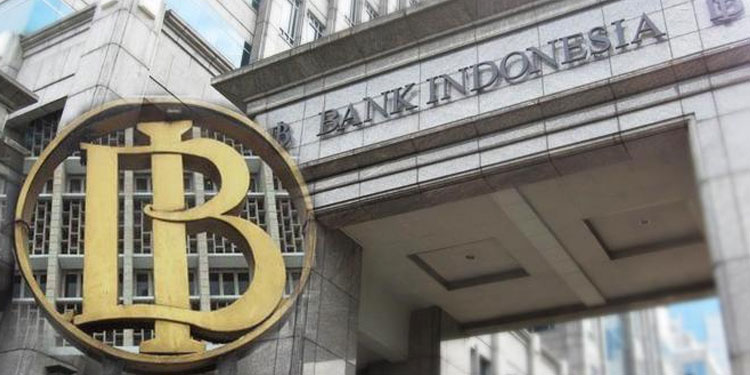
BI Governor Emphasizes Technological Advancements
In a recent press conference, Governor Warjiyo revealed, “We have issued the proof-of-concept for the digital currency, and we expect to design the technology and infrastructure we will be using in the near future.” He highlighted ongoing collaboration with major financial institutions during the trial phase to gather valuable input and feedback. The ultimate goal is to establish a digital currency platform compatible with counterparts from other central banks.
Exploring Two Tracks: Wholesale and Retail Integration
BI intends to experiment with the digital rupiah across two primary tracks: wholesale and retail. On the retail track, consumers would have direct access to the CBDC, using it similarly to traditional cash. Conversely, the wholesale focus aims to enhance efficiency in payments between banks and BI through blockchain technology.
CBDCs Gaining Traction for Their Backing and Security
Analysts have lauded the use of CBDCs due to their full backing by central banks, allowing them to be exchanged in foreign-exchange markets and on online platforms. The digital rupiah is perceived as more secure, less volatile, and more energy-efficient compared to private cryptocurrencies. While Indonesia currently restricts the use of cryptocurrencies for payments, it permits investment in these assets.
BI’s Vision: A Safer and Cheaper Digital Tender
Deputy Governor Filianingsih Hendarta emphasized BI’s ambition to develop a digital legal tender that competes favorably with private-sector alternatives in terms of safety and cost-effectiveness. Industry stakeholders underline the importance of meticulous design and proper implementation to mitigate potential risks to payment systems and financial inclusion.
Potential Impact on Traditional Banking
Analysts from the Institute for Development of Economics and Finance (Indef) in Jakarta foresee the digital rupiah mirroring the success of QR payments. Indef researcher Nailul Huda asserted, “Digital payments could be settled cheaper and faster (with the CBDC) than they currently are – perhaps instantly, which would eliminate credit risk, and without the need for correspondent banks when crossing borders.”
However, Huda cautioned that CBDCs could reshape traditional banking dynamics, potentially altering how individuals and businesses manage and transfer funds. This shift may influence the demand for traditional banking services, posing a competitive challenge to companies relying on conventional payment methods.
Conclusion: Charting a Transformative Path with the Digital Rupiah
As Bank Indonesia prepares for the 2024 trial of the digital rupiah, the financial landscape in Indonesia stands on the brink of transformation. The integration of blockchain technology and the strategic use of a CBDC hold the potential to revolutionize payment systems and propel Indonesia into the league of nations at the forefront of digital currency adoption. However, the careful navigation of potential challenges will be crucial for ensuring the success of this pioneering venture.